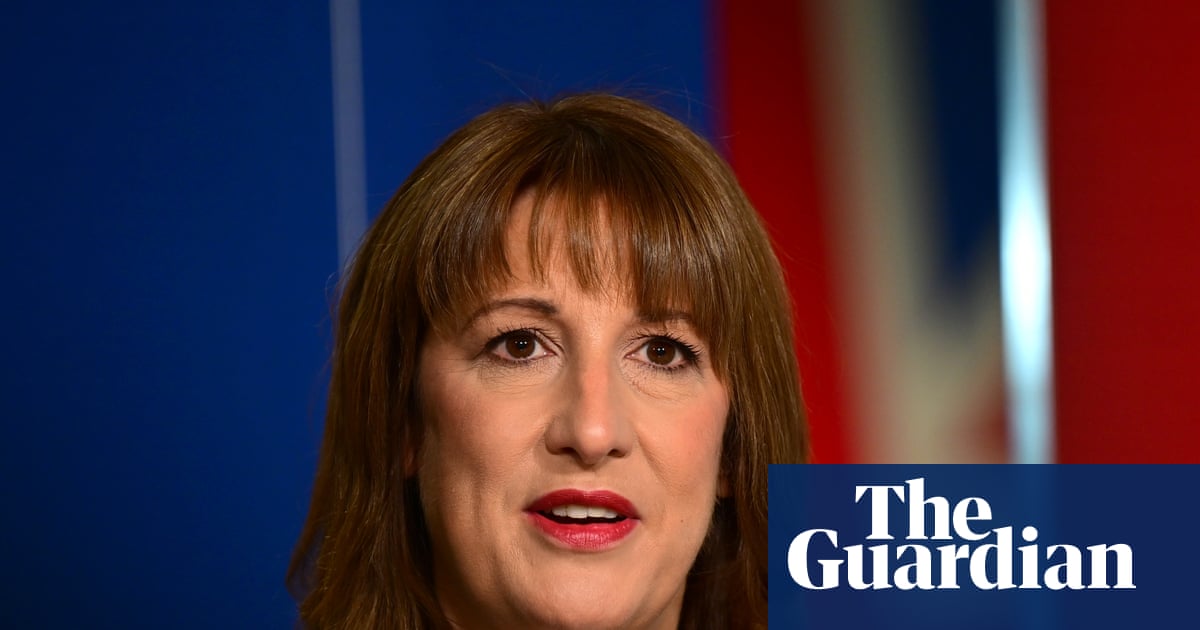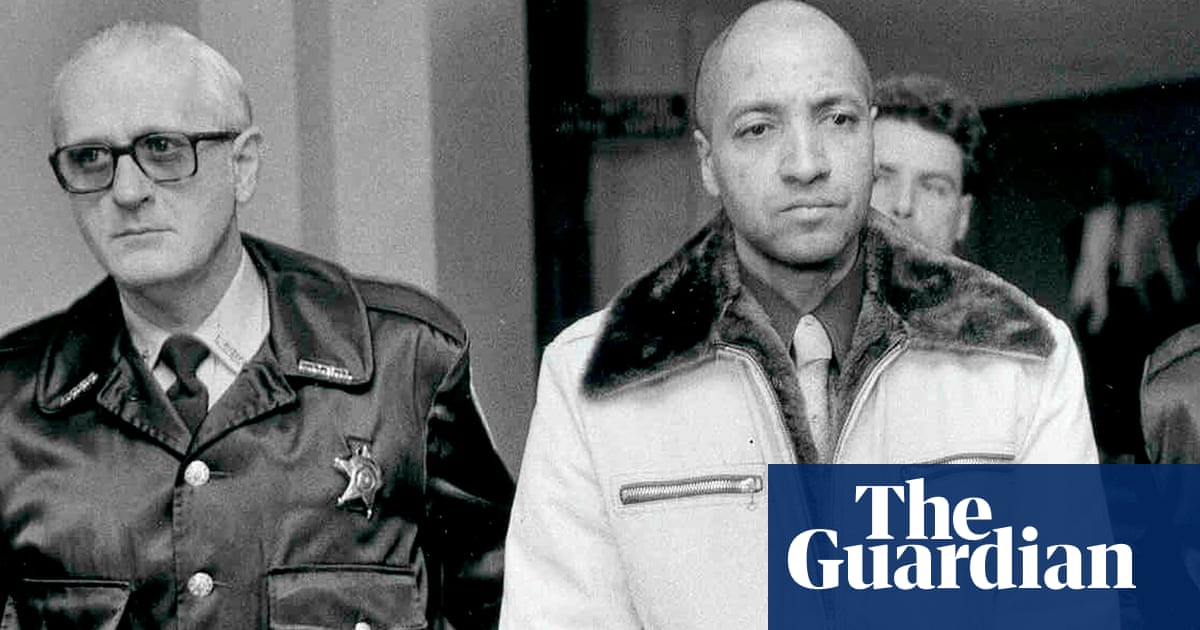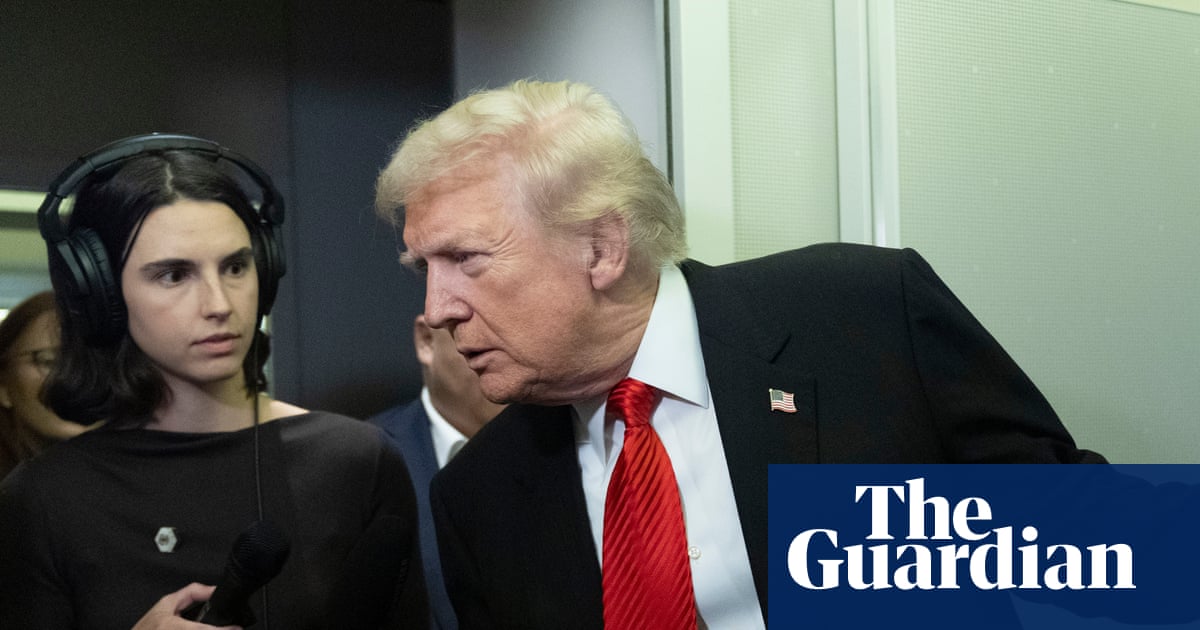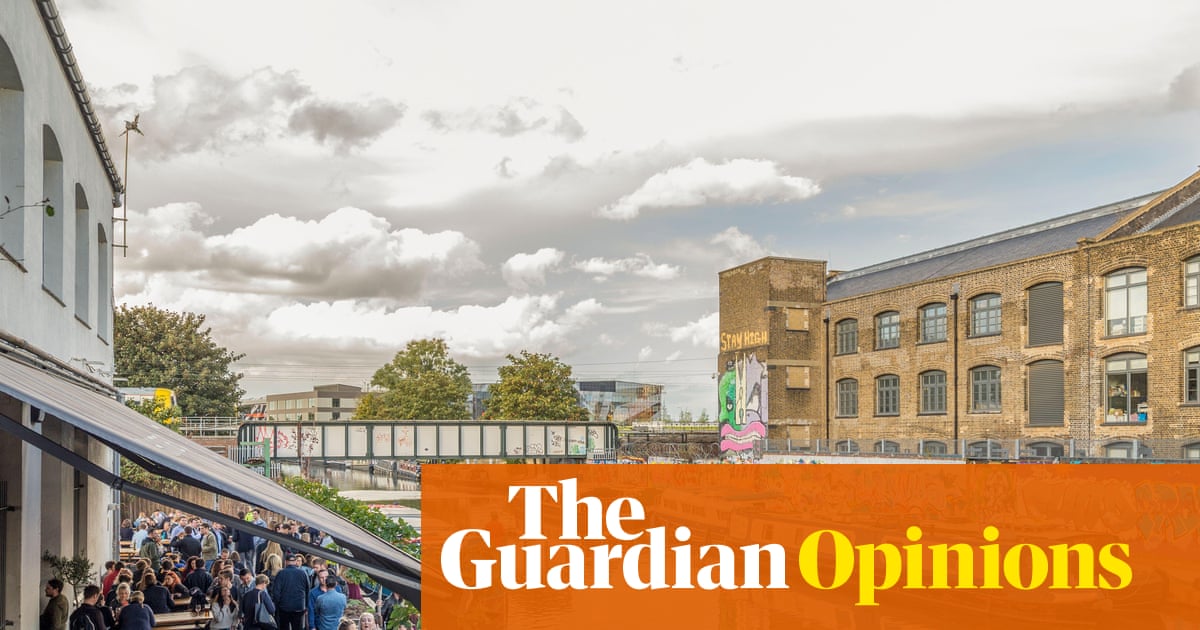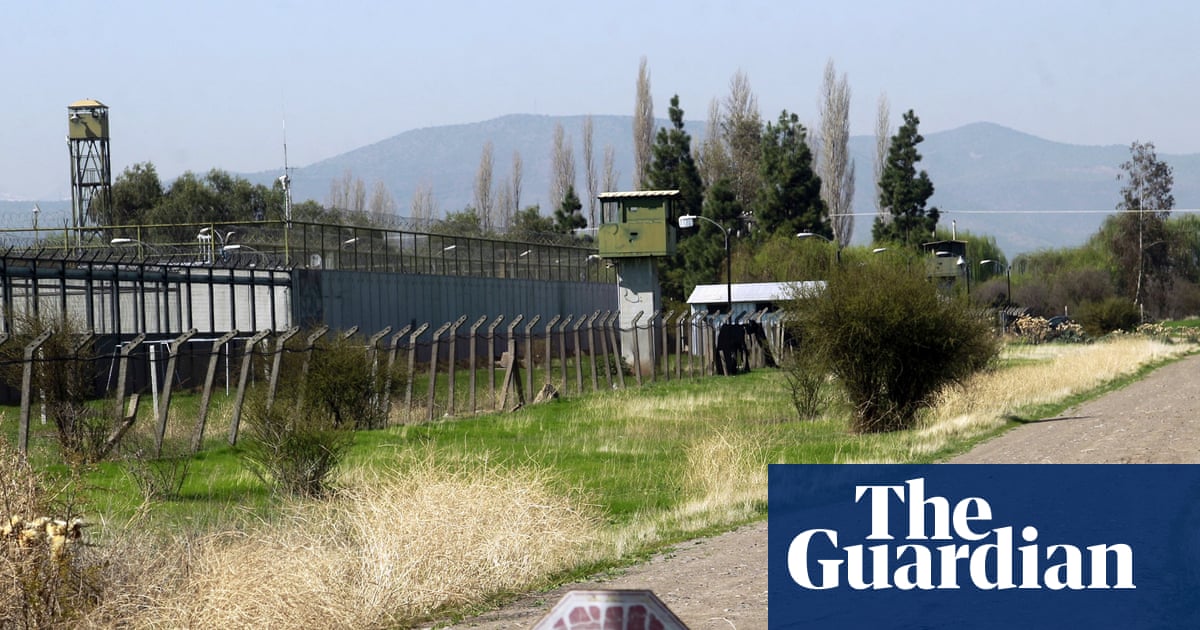Playing Tom Jones and Catatonia at the decks and later taking to the dancefloor wrapped in a Welsh flag, Eluned Morgan, at least, was having a good time at the Welsh Labour conference in Llandudno last month.
But almost a year into the job as first minister of the Labour government in the Senedd, working alongside a Labour administration in Westminster, the party arguably does not have much to make a song and dance about.
For 100 years, the Welsh have been Labour’s most loyal voters, and they have returned the party to government in Cardiff since devolution almost 27 years ago. But poll after poll now says Labour’s base has collapsed and the party will come third in the Senedd elections next May, after Plaid Cymru and Reform UK. In Westminster, the worry is the Welsh elections will prove a bellwether for the next general election in 2029.
The parliamentary Labour party has not learned from the “death of Scottish Labour” in the 2007 Holyrood elections in which the Scottish National party emerged as the largest party, according to Labour and Co-operative Senedd member Lee Waters. The MS for Llanelli is standing down next year, along with more than a third of the Senedd’s 30 Labour members so far.
“The indifference to the reasonable claims of a devolved government, the control of the party machinery by London HQ, and the disdain of Westminster MPs towards their devolved counterparts were features then and now,” he wrote on his blog.
Morgan has a tightrope to walk. Speaking to the Guardian at the party conference, she said there was no contradiction between the conference’s message that Cardiff Bay and Westminster were working together as a “partnership in power” and the more leftwing “red Welsh way” she set out a few weeks earlier in a speech that criticised Keir Starmer.
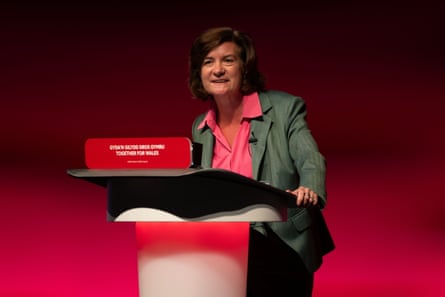
“Some of the things introduced by the UK government have not necessarily been in keeping with the red Welsh way,” she said, referring to the prime minister’s U-turns over the winter fuel tax and disability benefit reforms.
“We had the same situation in the Blair years and it’s what devolution is about: you do what’s appropriate for your particular local circumstances, but it doesn’t mean if you’re in the Labour family that you fall out altogether. It means you can have a distinct approach to certain things.”
Yet the prime minister’s conference address suggested Westminster did not fully appreciate the threats Welsh Labour is facing. The former Conservative cabinet minister and former MP for Clwyd West David Jones announced on Monday he had joined Reform, becoming the most senior ex-Tory to join the party so far, although he said he had no intention of standing for election.
Under the new more proportional system voting system coming in next year, Reform could pick up the largest number of seats in the Senedd, as its support is more evenly distributed than other parties’ – but it is unlikely to be able to form a majority government.
Yet Starmer used his keynote speech to attack Nigel Farage, even though comprehensive analysis by the Welsh Election Study suggested Labour voters in Wales were far more likely to go to Plaid Cymru. He also warned of a “backroom stitch-up” between Plaid Cymru, the Conservatives and Reform in May, although the Welsh nationalist party has repeatedly ruled out working with either rightwing rival in next year’s Senedd.
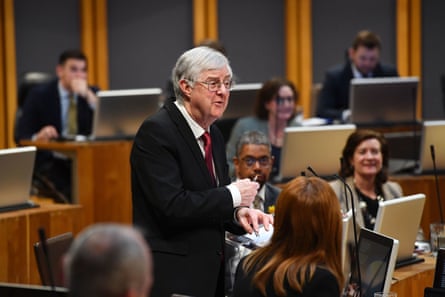
“I was cringing when he said that,” a Labour figure in Cardiff Bay said. “It’s as if the UK government has already decided the Welsh government isn’t a priority they are going to fight for.”
Many in Westminster would argue Welsh Labour has itself to blame for ushering in the new voting system that could now help them lose office. It also emerged at Llandudno that Welsh Labour was yet to select candidates for the new lists, and was unlikely to be able to finish the process before September – putting Plaid Cymru months ahead.
Mark Drakeford, the former first minister, announced last week there would be no new policies in next year’s budget to “avoid political wrangling”, which has not helped dispel criticisms Welsh Labour is lacking vision before the election fight of its life.
“We can’t just scaremonger by saying Reform or Plaid Cymru are unknown quantities,” another Labour source in Cardiff Bay said. “We’ve got 10 months to show we have ideas and we can deliver. But we’ve also had 26 years to do that.”

 3 months ago
93
3 months ago
93



